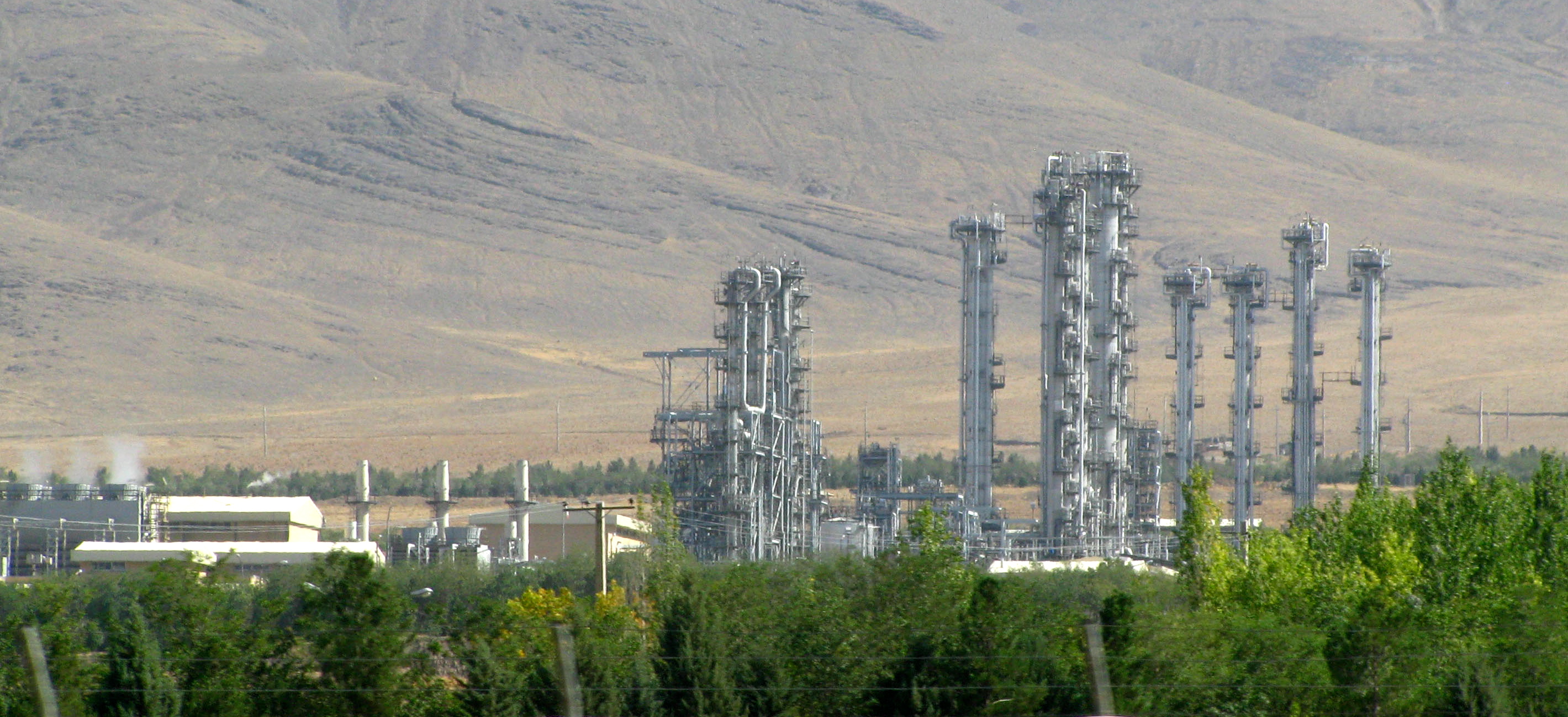The six-month interim accord signed by the world’s major powers and Iran in Geneva on Nov. 24 paves the way for a comprehensive agreement that may well permanently freeze, if not dismantle, Iran’s militarized nuclear program.
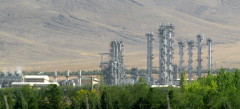
Israeli Prime Minister Benjamin Netanyahu, having pressed for a much tougher outcome that would have neutralized Iran as a nuclear power, condemned the accord as a “bad deal” and a “historic mistake.”
One right-wing American commentator who shares Netanyahu’s gloomy assessment went as far as to compare it to the 1938 Munich pact.
To be sure, Israel has legitimate concerns.
The Iranian regime, its charm offensive notwithstanding, is officially dedicated to Israel’s destruction. Even as last week’s talks were winding down, Iran’s supreme leader, Ayatollah Ali Khamenei, ripped into Israel, harshly describing it as “the sinister, unclean, rabid dog of the region.”
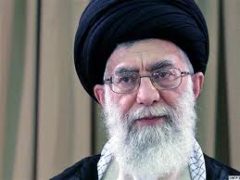
Much to Israel’s understandable distress, the agreement leaves intact Iran’s nuclear infrastructure and its right to enrich uranium at lower levels, while giving Iran limited but reversible relief from crippling economic sanctions, which persuaded President Hassan Rouhani to enter into talks in the first place.
But in general, the agreement is definitely a step in the right direction because it sets the stage for a far more substantive accord and, for now, imposes meaningful and verifiable limits on Iran’s ability to press forward with its nuclear program.
Iran has agreed to halt enrichment above 5 percent and dismantle the machinery that would enable its scientists to do so.
Iran has agreed to dilute its stock of 20 percent enriched uranium and convert it into oxide, which cannot be used to build an atomic bomb. Iran has also agreed not to increase its stockpile of 3.5 percent low enriched uranium.
Iran has agreed not to install new centrifuges and leave inoperable roughly half of the installed centrifuges at Natanz and three-quarters of the existing centrifuges at Fordow. This means that Iran cannot enrich uranium at these sites.
Iran, too, has agreed to cease all activity at its heavy-water plant in Arak.
What it all boils down to is that Iran will now need a longer period of time, up to one month, to “break out” and achieve nuclear capability.
Under the terms of the agreement, Iran will permit intrusive, transparent and daily international inspections of enrichment facilities in Natanz and Fordow, of storage sites and of uranium mines and mills.
The basic architecture of the sanctions program has been left standing, but Iran will receive about $7 billion in relief in the next six months.
“We believe very strongly that because the Iranian nuclear program is actually set backwards and is actually locked into place in critical places, that is better for Israel,” said U.S. Secretary of State John Kerry last week. “Israel is in fact safer than it was yesterday.”
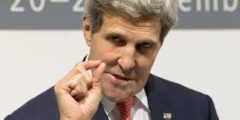
He added, “We will stand by Israel 100 percent.”
As Kerry reiterated, the United States is committed to prevention rather than containment. In other words, the Obama administration will not allow Iran to acquire a weaponized nuclear arsenal.
In a further assurance to Israel, the U.S. ambassador to Israel, Dan Shapiro, declared, “Our objective is clear: to prevent Iran from obtaining nuclear weapons, through diplomacy and sanctions if possible, but also through other ways, including the military option, if necessary.”
The Israeli government is vocally skeptical, fearing that there will be little progress in talks in the months ahead, and that, without all the sanctions in place, Iran will no longer feel the economic pressure that brought it to the negotiating table.
Netanyahu’s skepticism has drawn criticism from the newly elected leader of Israel’s Labor party, Isaac Herzog, who has accused him of creating “unnecessary panic,” and who has urged him to treat the interim agreement as a fait accompli and channel his energies into working for a strong comprehensive accord.
Netanyahu, who claims that Iran has already enriched enough uranium for five atomic bombs, has warned yet again that Israel may be forced to launch a preemptive strike on Iranian nuclear installations. Netanyahu’s hard-line rhetoric should be taken with a grain of salt, since Israel is in no position to act unilaterally, particularly at this point in time.
The chief of the Israeli armed forces, Gen. Benny Gantz, opposes a unilateral strike, as do the directors of Israel`s intelligence services and most of Netanyahu`s cabinet ministers.

Shaul Mofaz, the former Israeli chief of staff and defence minister, is wary of Netanyahu’s scare tactics as well. Several days ago, he issued two dire warnings. The first was that Israel is not militarily capable of destroying Iran’s nuclear infrastructure, only setting it back temporarily. The second was that a strike “could spark a regional war” with incalculable consequences.
Israelis who oppose Netanyahu’s hawkish policies realize that an Israeli bombing raid would result in massive Iranian retaliatory missile strikes, which would be devastating both in lives lost and property destroyed, and which would not achieve anything of lasting strategic significance.
Judging by a recent Israeli survey commissioned by Channel 2, the majority of Israelis, 53.5 percent to 39.9 percent, agree with the thesis that Israel should refrain from attacking Iran unless the United States approves.
Some Israelis, however, are of the view that Israel should seriously consider military force to deal with the looming threat posed by Iran’s nuclear program.
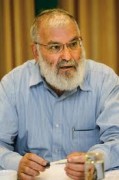
Yaakov Amidror, Netanyahu`s former national security advisor and a member of Israel`s religious nationalist camp, claims that a strike could be effective for “a very long time.” Efraim Inbar, the director of the Begin-Sadat Center for Strategic Studies at Bar Ilan University, claims that Israel can risk Iranian reprisals because Iran`s ability to retaliate is “quite limited.”
These are wishful, self-serving, unrealistic, pie-in-the-sky assumptions that could be extremely detrimental to Israel and its people.
This much seems clear at the moment. Israel, an undeclared nuclear power, will gain far more from the deliberations of diplomacy than from the uncertainties of war.
